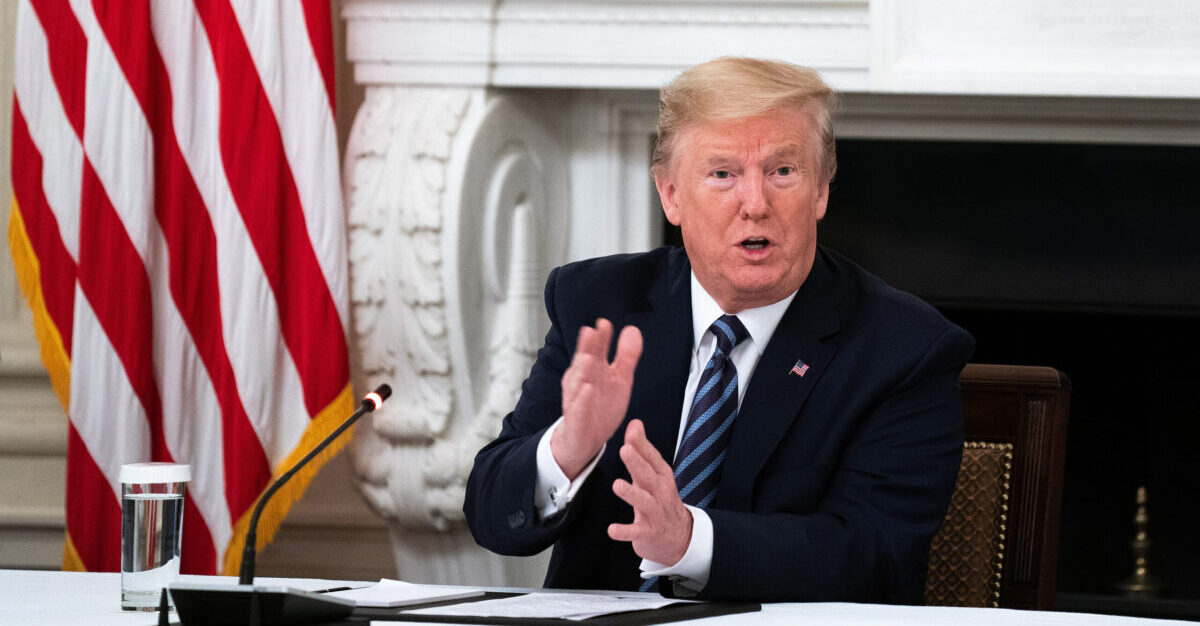
In what could be the downfall of yet another institutional norm, the Trump administration is reportedly looking to end the practice of informally notifying Congress about plans to enter into major weapons deals with foreign countries, several news outlets reported Thursday. The move to do away with the tradition that began more than 30 years ago comes after bipartisan efforts from lawmakers blocked proposed deals to provide the Kingdom of Saudi Arabia and the United Arab Emirates with American-made bombs.
The proposed circumvention of congressional review have largely been seen as reflective of the administration’s underlying approach to foreign policy: prioritize economic interests such as jobs and profits over diplomatic goals.
To the frustration of senior administration officials, Congress has repeatedly impeded weapons sales to the Saudis and UAE over concerns that the weapons will be used against civilians in Yemen, where the Saudi-backed coalition warring with the Iranian-backed rebels. The Yemenis people have been subjected to what many consider the worst humanitarian crisis in the world, with approximately 80-percent of the population – 24 million people – in need of protection and assistance to prevent starvation.
Ceasing the informal notification of Congress would severely hamstring lawmakers’ ability to weigh in on the terms of proposed weapons deals and effectively put an end to the legislatures ability to prevent or block future sales.
While the Arms Export Control Act (AECA) requires the president to formally notify Congress of major foreign arms sales 30 days in advance, State Department officials have, for decades, given informal notice to foreign policy committees as a means of ensuring lawmakers have input in the matter. Following negotiations with Congress, the administration typically submits the formal proposal to lawmakers.
“That would be viewed as going nuclear,” Juan Pachón, the communications director for the Senate Foreign Relations Committee’s top Democrat, Sen. Bob Menendez told Foreign Policy Thursday.
Former State Department official Andrew Miller told the New York Times that getting rid of the informal notification process could be a double-edged sword for the White House.
“In terms of the policy, it has two contradictory effects,” Miller said. “On one hand, it could circumvent congressional oversight and lead to more reckless sales. On the other hand, it deprives the administration of an early opportunity to adjust sales to reflect congressional concerns, which could actually lead to delays.”
The administration’s renewed discussions come on the heels of President Donald Trump’s controversial decision to fire former State Department Inspector General Steve Linick at the request of Secretary of State Mike Pompeo. At the time of his termination, Linick’s office was investigating Pompeo on several fronts, including his role in the Trump administration’s possibly unlawful “emergency” declaration to fast-track a Saudi arms deal and allegations that he used his office for personal gain.
[Image via Anna Moneymaker-Pool/Getty Images]